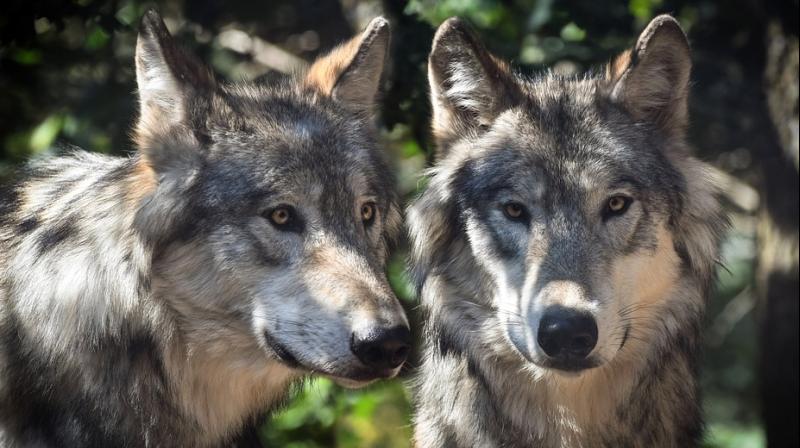New study explains how humans cause cancer in wild animals
Researchers say humans may influence cancer in many other species on the planet.

Washington: Some of the human activities like smoking, poor diets, pollution, additive chemicals can adversely affect animals.
Researchers from Arizona State University state that humans may influence cancer in many other species on the planet.
The researchers pointed out many pathways and previous scientific studies that show where human activities are already taking a toll on animals. These include chemical and physical pollution in our oceans and waterways, accidental release of radiation into the atmosphere from nuclear plants, and the accumulation of microplastics in both lands- and water-based environments.
In addition, exposure to pesticides and herbicides on farmlands, artificial light pollution, loss of genetic diversity and animals eating human food are known to cause health problems.
"Cancer has been found in all species where scientists have looked for it and human activities are known to strongly influence cancer rate in humans. So, this human impact on wild environments might strongly influence the prevalence of cancer in wild populations with additional consequences on ecosystem functioning," said, Giraudeau, International researcher.
According to the research, even something such as artificial light and light pollution, as well as food meant for humans, are negatively affecting wild animals.
The findings were published in the Journal of Nature Ecology & Evolution.

